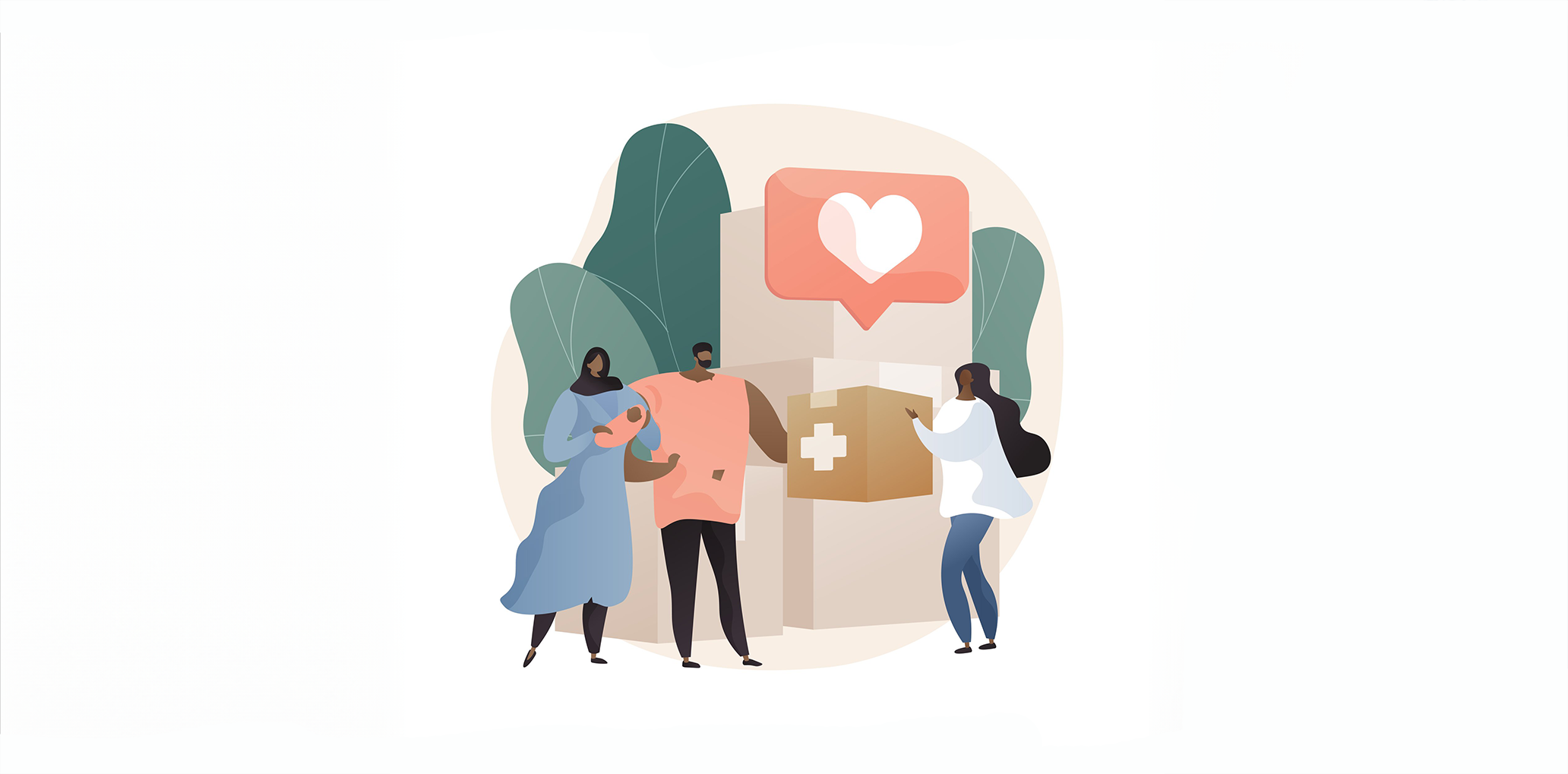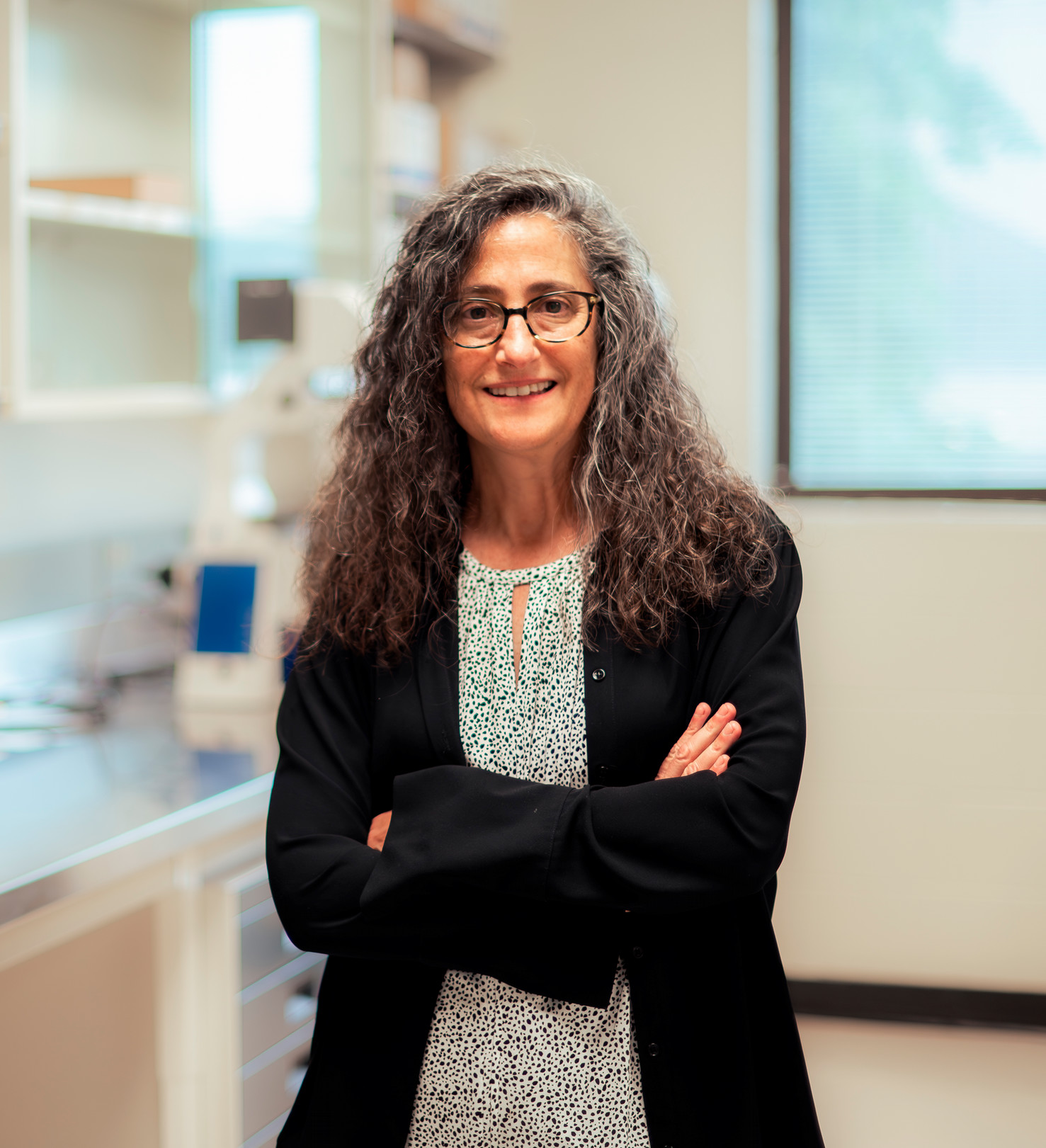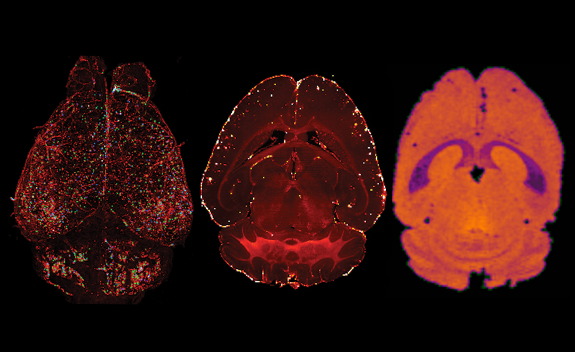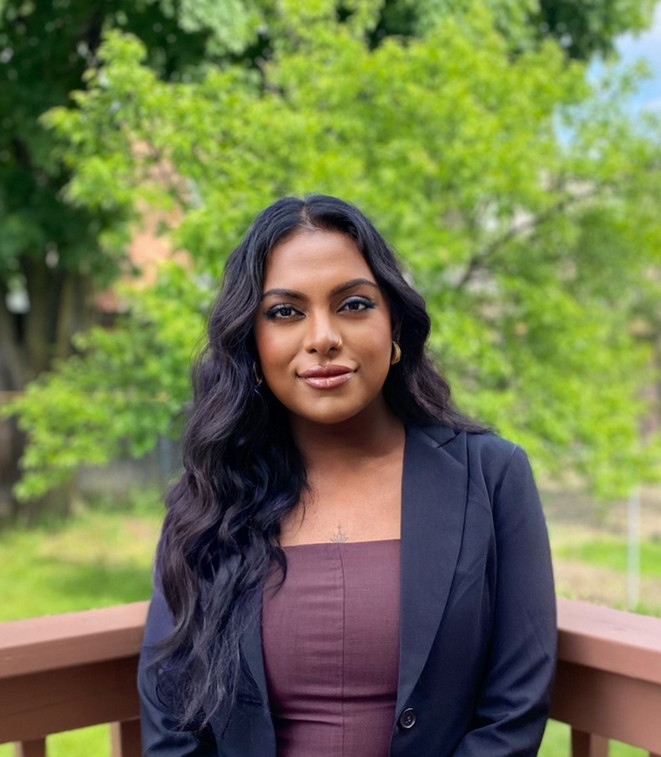 Dr. Lotus Alphonsus, MD’24
Dr. Lotus Alphonsus, MD’24
War. Forced migration. Human trafficking. Newcomers to Canada grapple with more than just cultural differences and language barriers – they carry the trauma from the horrors they fled. We know this first-hand, having experienced and witnessed these struggles.
Understanding and addressing the unique health concerns of newcomer diverse communities is crucial. Newcomers in Canada face significant health-care disparities, and it is our job to ensure they don’t slip through the cracks of our health-care system. As Canada becomes increasingly diverse, welcoming almost 500,000 newcomers last year, this will become even more important.
This is why, when we saw a glaring gap in medical education on newcomer health, we were driven to create the Newcomer Health Hub. The Hub is a web-based resource on culturally informed care – to help medical students, residents and allied health students better understand the diverse needs of newcomers to Canada. It also serves as a sustainable space for students across Canada to collaborate on related community initiatives and share their work.
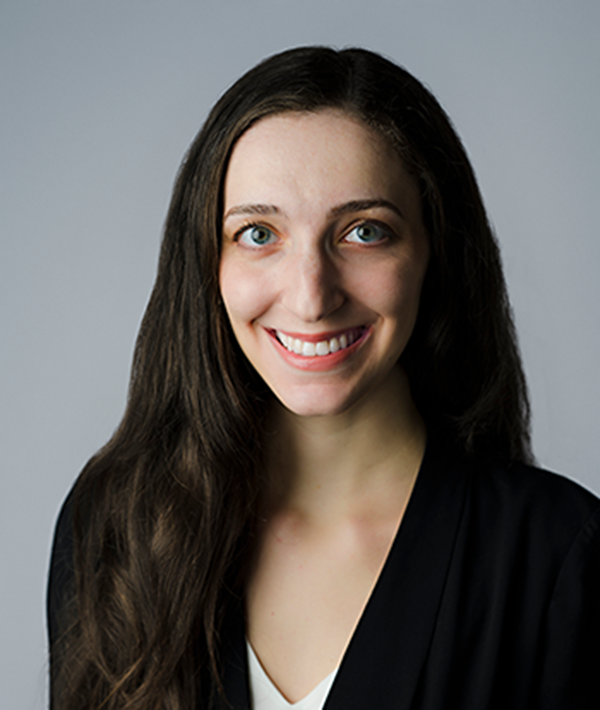 Dr. Penelope Neocleous, MD’24
Dr. Penelope Neocleous, MD’24
For instance, recognizing the absence of education on female genital mutilation in health programs, we developed evidence-based infographics and workshops, enriched with patient narratives, to help health professionals identify and document female genital mutilation in the emergency room. These resources are tailored for various groups, including nursing students and medical residents across Ontario, and this summer, for Emergency Medicine residents.
We also collaborate with community organizations and experts to enhance refugee health interactions and settlement. Navigating a new health-care system, overcoming language barriers, and addressing the specific mental and physical health needs of refugees are our priorities. We aim to equip health-care providers with the necessary tools for comprehensive care.
One of our major projects this year is with the Canadian Centre for Victims of Torture, creating guidelines to ensure health care and legal professionals can recognize and document on behalf of torture victims. Advocacy and awareness are central to our mission. We are also simplifying the guide to the Interim Federal Health Program, which provides temporary health-care coverage for certain Canadian newcomers, to inform patients, physicians and pharmacists about the program.
While it started as a small initiative, the Hub has grown into a national organization that has become a go-to resource for culturally informed care. Our partners and trainees now include medical students, residents, and allied health students, and we are supported by national partnerships and funding.
“This journey has enriched the communities we serve and all students involved, including ourselves.” —Dr. Penelope Neocleous, MD'24 & Dr. Lotus Alphonsus, MD'24
This journey has enriched the communities we serve and all students involved, including our- selves. We believe it will positively impact students’ future practices and improve newcomer health.
About the authors:
Dr. Lotus Alphonsus grew up in a war-torn country and has significant experience as a trauma counsellor for survivors of sexual assault, torture, and human trafficking. She has held leadership positions in diverse community organizations and has created health and education programs in collaboration with the community, both nationally and inter- nationally. She is also the national recipient of the Sandra Banner Award for Student Leadership.Dr. Penelope Neocleous is the daughter of a refugee and witnesses health-care disparities daily as a family medicine resident. She has been active with Amnesty International for more than a decade, and has held positions on the Schulich National Advocacy Committee and Ontario Medical Student Associa- tion Advocacy Portfolio.



